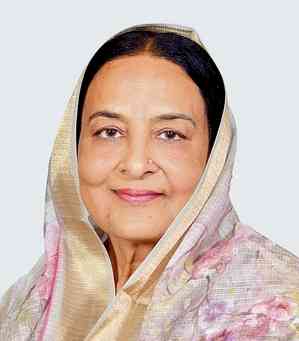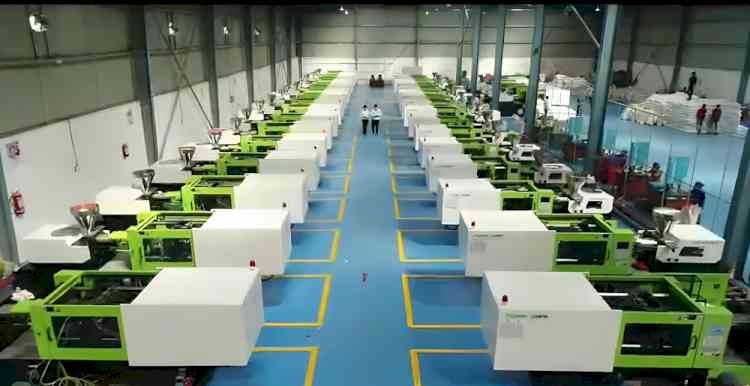DMCH Doc Completes Training In Arthroscopy
Author(s): City Air NewsDr.Deepak Jain, Associate Professor of Orthopaedics at DMCH, Ludhiana. Ludhiana, June 8, 2017: Dr.Deepak Jain, Associate Professor of Orthopaedics at Dayanand Medical College and Hospital recently completed a clinical...


Dr.Deepak Jain, Associate Professor of Orthopaedics at DMCH, Ludhiana.
Ludhiana, June 8, 2017: Dr.Deepak Jain, Associate Professor of Orthopaedics at Dayanand Medical College and Hospital recently completed a clinical attachment in the department of Sports Medicine at Singapore General Hospital. The focus of the training was on treating ailments of knee and shoulder joints using latest keyhole arthroscopic surgical techniques.
Dr.Deepak Jain said that the incidence of ligament injuries in the knee is increasing in India as the craze for sports has increased. Also road traffic accidents and twisting injuries cause injuries to ligaments and menisci which act as shock absorbers in the knee joint. As these injuries cannot be detected by x rays, they are often missed and cause difficulty in moving the joints and instability while walking. By using keyhole surgery, these problems can be treated very effectively. This is usually done on a day care basis and patient does not need to spend even one night in the hospital. DMCH has the latest arthroscopic equipment as well as trained surgeons to treat these disorders.
Dr. Jain also elaborated that shoulder problems are also on a rise both in the young as well as elderly population. In the youth, repeated dislocation of the shoulder is a common problem. This is caused by loosening of joint capsule and can be treated successfully by keyhole procedures. In the elderly, stiffness and pain in the shoulder is very common. People with diabetes and thyroid disease are more prone to shoulder stiffness and should make sure that their blood sugar and thyroid levels are under control. If not treated properly, it causes tears of shoulder muscles and the patient is not able to move the shoulder. At this stage, arthroscopic surgery of the shoulder is required.
The steps in treating these disorders include clinical assessment of patient, detailed examination, relevant diagnostic tests which often include MRI of the joint and establishing a clinical diagnosis. After this, a detailed treatment plan is formulated and non operative methods are used which include giving rest to the joint, splintage and guided physiotherapy. If the patient does not improve then operative procedure is indicated.
Dr. Jain stressed that the immediate management of ligament and sports injuries should be proper and adequate. Many of the cases that require surgery are not diagnosed and treated properly in the initial stages and do not heal.

 cityairnews
cityairnews 
















